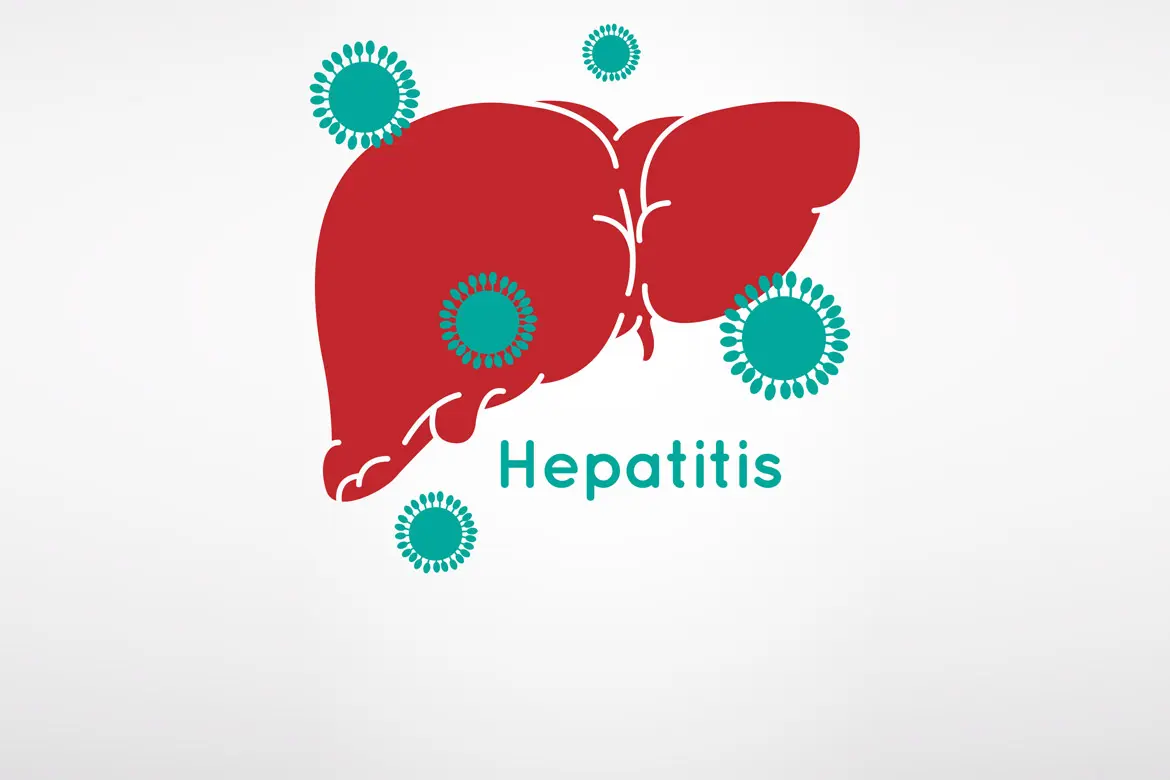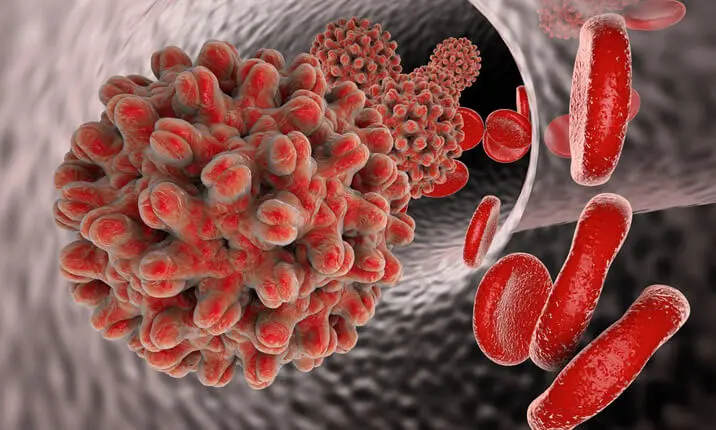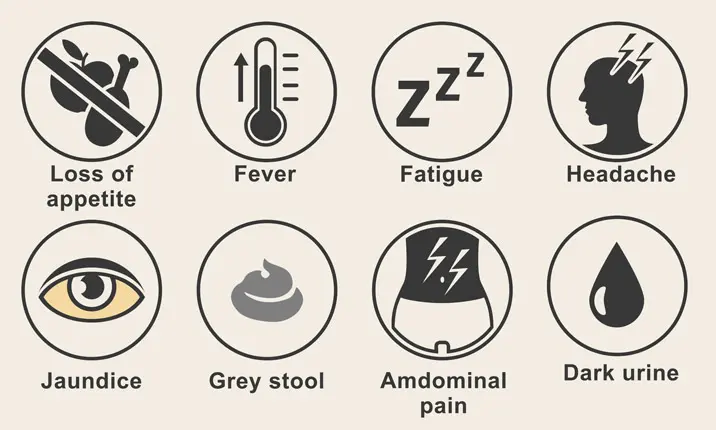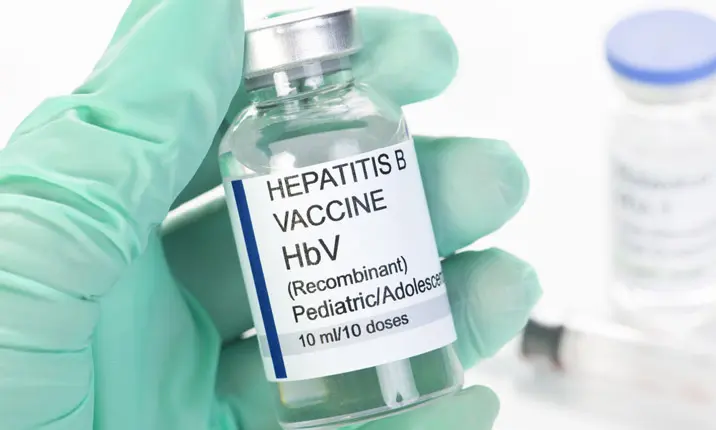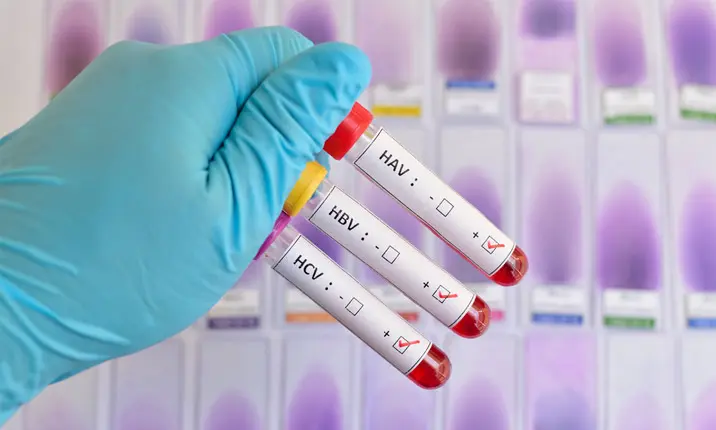Hepatitis is a global public health challenge, with a recent study from the World Health Organization (WHO) revealing that the disease contributes to the highest number of deaths globally (around 1.34 million deaths a year) compared to major infectious diseases such as AIDS, tuberculosis, and malaria.
What is hepatitis?
Hepatitis is an inflammation of the liver that can lead to scarring of the liver or liver cancer. Hepatitis viruses are the most common cause of hepatitis in the world, but other infections, toxic substances (eg. alcohol, certain drugs) and autoimmune diseases can also cause hepatitis.
There are 5 main hepatitis viruses: A, B, C, D and E. Types B and C in particular lead to chronic diseases like liver cirrhosis and cancer. It is also possible to have both hepatitis B and C at the same time.
In this article, we compare hepatitis B and C and look at the treatment and prevention options available.
Fast facts on hepatitis B
- Transmitted through contact with infected blood or bodily fluids. This can occur during sex, or sharing of needles and other personal items such as razors and toothbrushes. A woman can pass the infection to a baby during childbirth
- It cannot be spread through breast milk, coughing or hugging and sharing food with an infected person
- The average hepatitis B incubation period is 120 days, but it can range from 45 – 160 days
- About 15 – 25% of people with hepatitis B get chronic liver disease, which can include liver damage, cirrhosis, and liver cancer. Others are able to clear the infection from their bodies naturally
- The younger you are when you contract hepatitis B, the more likely you are to develop a chronic infection
- An estimated 90% of infants with the virus will develop a chronic infection
Fast facts on hepatitis C
- Transmitted through exposure to infected blood, which can occur through sharing of needles, poor infection control, or childbirth
- It cannot be spread through breast milk, coughing or hugging and sharing food with an infected person
- The average hepatitis C incubation period is 45 days, but it can range from 14 – 180 days
- Hepatitis C is more likely than hepatitis B to become a chronic condition. An estimated 75 – 85% of those infected will develop chronic hepatitis C
- About 50% of people with hepatitis C are unaware they have it
- Of those with chronic hepatitis C, about 5 – 20% will develop cirrhosis and 1 – 5% will die from cirrhosis or liver cancer
What is the difference between an acute and chronic infection?
Acute infection is a short-term condition, lasting under 6 months. Chronic infection is a long-term condition. Most people with hepatitis B don't progress to the chronic stage while most with hepatitis C do. In the acute stage, you usually don't experience symptoms.
What are the symptoms?
All forms of hepatitis present similar types of symptoms. These can include:
- fever
- joint pain
- fatigue
- nausea
- loss of appetite
- vomiting
- abdominal pain
- grey stools
- jaundice (yellowing of the eye whites and skin)
The initial infection may commonly be misinterpreted as the flu, or go unnoticed, and many people aren't diagnosed until they receive screening for other blood disorders.
If you experience fluid retention, pale stools, or bleeding problems, this may indicate a liver problem and you should be tested for hepatitis.
How is hepatitis treated?
If you are diagnosed with hepatitis B, your doctor will advise to abstain from drinking alcohol and to avoid medications (including any kinds of supplements) that the liver filters. As there is currently no cure for hepatitis B, your doctor will monitor your conditions and treat your symptoms as they present, and prescribe antiviral drugs where appropriate. Many patients would require long-term antiviral treatment which is effective in suppressing the virus and preventing liver cancer and other serious complications. Your body may also clear the virus naturally over time.
If you are diagnosed with hepatitis C, you may be prescribed antiviral medications such as ledipasvir/sofosbuvir (Harvoni) and daclatasvir (Daklinza). Almost all patients on the newer medications can be cured of hepatitis C. The type of medication to take will depend on the variation of hepatitis C you have. Your doctor will usually prescribe a course of treatment that lasts 12 – 24 weeks.
How can I prevent getting infected?
There is a vaccination available for hepatitis B.
There is no vaccine for hepatitis C. You can attempt to prevent it by not sharing needles or razors with those infected. If you are getting a tattoo, ensure the parlour uses clean needles for new treatments and practises good hygiene. Practise safe sex with the use of condoms.
Am I at risk?
This list will give insight to the possibility of being unknowingly exposed to hepatitis:
- I have had a blood transfusion or received blood products before 1992
- I am the recipient of a donor organ
- I am an organ, tissue or blood donor
- I live or have lived with a person suffering from hepatitis B or C
- My current or previous sexual partner has or had hepatitis B or C
- I have a tattoo or piercing that might have been performed under non-sterile conditions
- I use/have used intravenous or intranasal drugs
- My mother has or had hepatitis B or C
- I have been experiencing fever, fatigue, loss of appetite, nausea and abdominal pain
- I look jaundiced
Should I get tested?
If you agree to any of the above statements, there is a chance you need to be screened for either hepatitis B or C. Hepatitis C can be treated with direct-acting antiviral (DAA) drugs, while hepatitis B can be prevented with a vaccine.
It is advisable to make an appointment to get tested early so you can receive appropriate and timely treatment.
